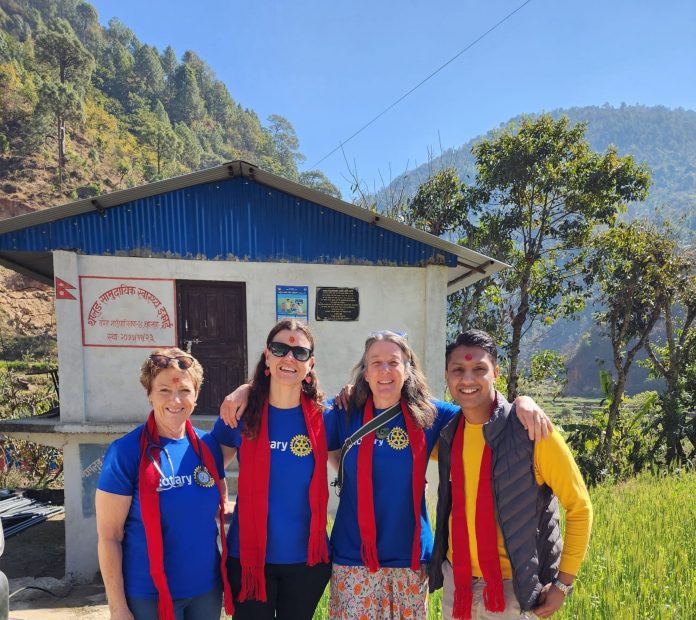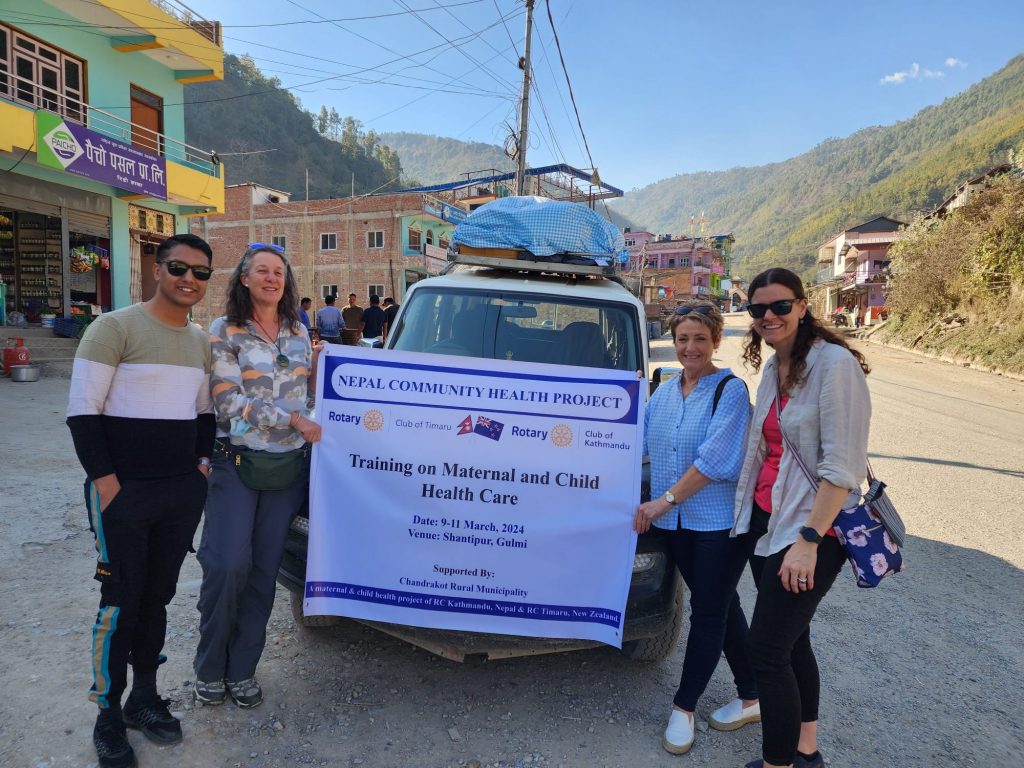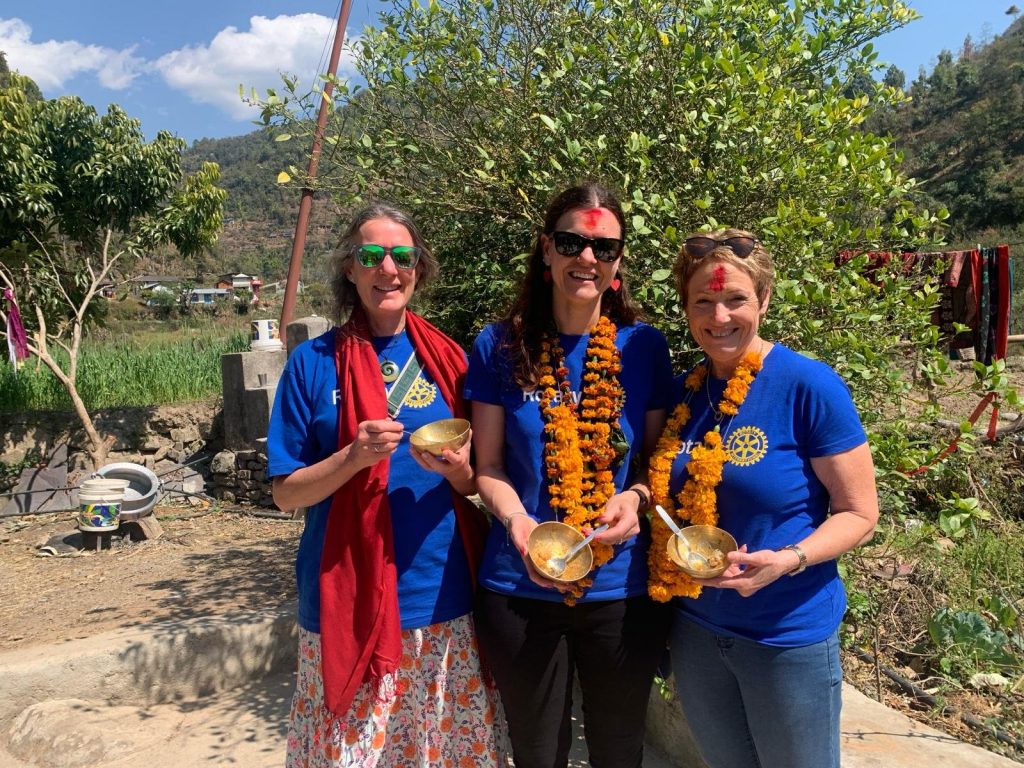
A passion for antenatal education lead Ashburton Hospital maternity unit manager Julie Dockrill to return to Nepal last year.
Dockrill who has been nursing for more than 40 years was joined by fellow midwife Tina Hewitt, project lead Jess Hewitson, Raj Guatan from the Nepalese Rotary in Kathmandu, Momta their interpreter and driver Komel.
The team were in Nepal to deliver a grassroots maternal child health programme.
They worked in the remote mountainous rural village of Shantipur in the Gulmi district requiring a 40-minute flight from Kathmandu and then a six-hour jeep trip along roads that are often inaccessible due to weather and slips.

There were 36 women on the programme a nurse, two teachers and 22 community health workers ranging in age from late teens to mid 50s.
The community workers had only previously received 14 hours of health education in a country with poor outcomes for mums and babies.
Dockrill said some of the women were so eager to learn they would walk three hours each way each day to attend the training.
When the students first arrived many were tentative and nervous but within hours they had changed to laughing, singing and engaging.
The second day saw the women undertake role playing exercises and the women really embraced this new style of learning.
The aim of the trip was to deliver a hands on programme for villages that is culturally sensitive focused.
The programme will empower women in the community and neighbouring villages to improve health outcomes while decreasing maternal and children health morality and morbidity.
‘‘It was an incredible joy and privilege to go and present the programme. The women taking part quickly learnt to trust the process,’’ Dockrill said
The group were heading into the unknown and even getting there wasn’t been easy. For approval for them to go eight government officials had to agree. The tradition is that everyone won’t agree on something but on this occasion they agreed.
‘‘We were the first ever western team to go to the village, the first team to provide any education to people, and the first team to share in a formal way.
Dockrill thinks given the first’s that government may not want to have agreed to a longer programme because if it didn’t work it could reflect badly on them.
‘‘The programme was more successful that we had hoped it would be,’’ Dockrill said.
The team wanted to have five days of teaching, but the government restricted their days to three.

The programme was such a success and those involved were overjoyed by the outcomes that if funding can be obtained Dockrill and a team will head back next year.
Last year’s trip received significant sponsorship from service clubs like Rotary, Lions and Zonta clubs
It is estimated 4500 women die a year from pregnancy complications in Nepal due to a lack of resources and skilled birth attendants.
Most of the deaths occur in rural areas which are often poor and lack health care access and facilities.
Two thirds of babies dies within 28 days of births and over a year 20,000 die in their first week.
Forty five per cent of children die before they turn five and 21 percent are under weight.
Between 2012 and 2018, Dockrill and a team of others made several trips to Mongolia and Nepal in a volunteer capacity.
Along with the education, support via donation of health goods was given to the Thaplung Women’s, Children’s and Community Health Hub in Thaplung. The hub was sponsored by the Timaru Rotary Club in 2021.



